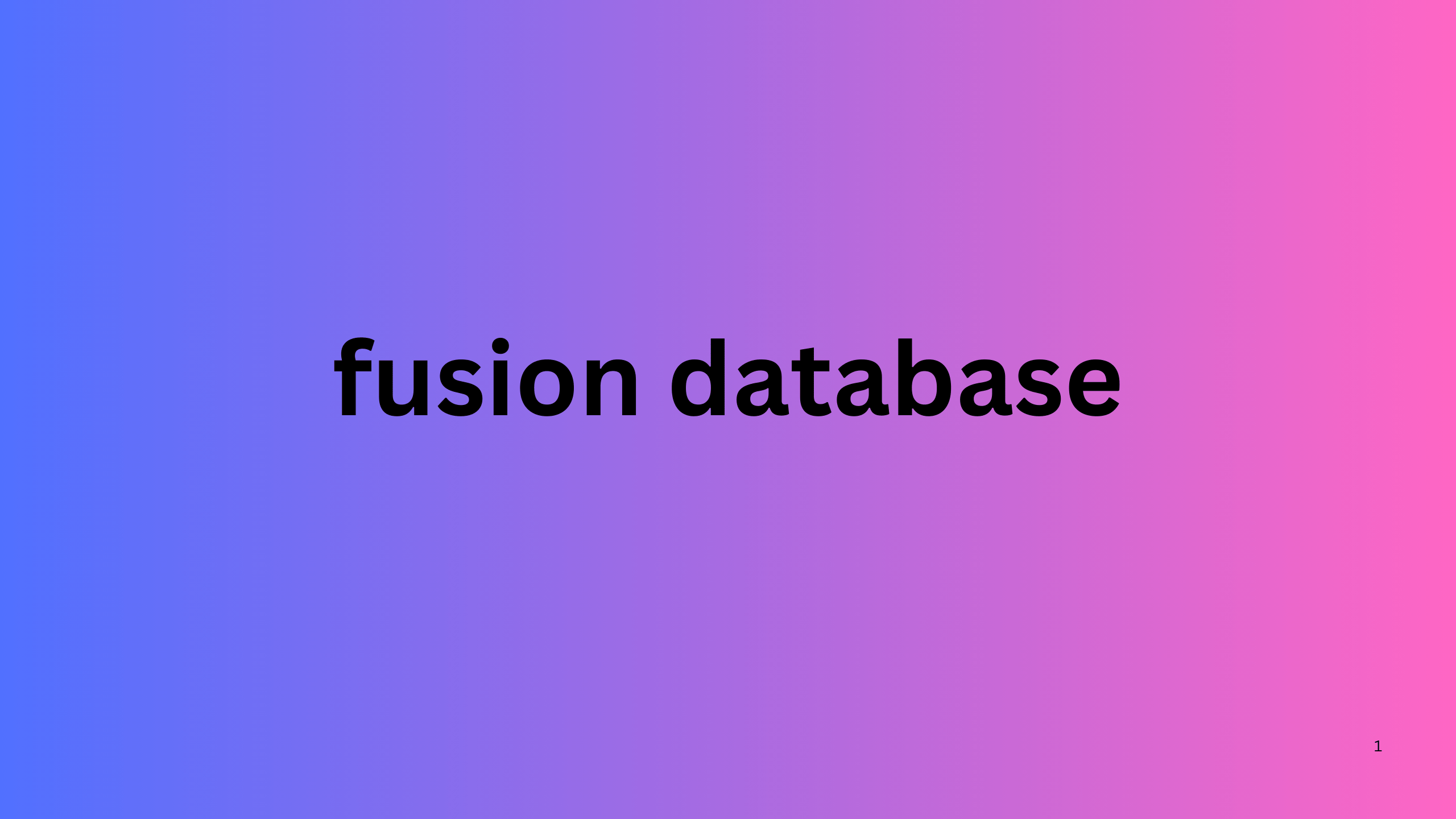In the ever-evolving landscape of marketing, staying ahead of the competition requires more than just creativity—it demands data-driven decision-making. Special databases for marketing have emerged as a transformative tool, empowering businesses to harness customer data, optimize campaigns, and achieve remarkable results your business. These specialized systems are revolutionizing how businesses collect, analyze, and act on valuable insights, making them a true game-changer for marketing success.
This article explores why special databases are essential for businesses looking to elevate their marketing efforts and outlines the benefits they bring.
What Are Special Databases for Marketing?
1. Understanding Special Databases
Special databases are advanced systems designed to store, organize, and analyze customer data for marketing purposes. Unlike general-purpose databases fusion database, these are tailored to meet the unique needs of marketing teams by consolidating data from multiple sources such as:
- Website analytics
- Social media platforms
- Email campaigns
- CRM systems
These databases provide marketers with a unified view of customer behavior and preferences, enabling more targeted and efficient campaigns.
2. Why Are They a Game-Changer?
Special databases simplify data management, automate routine tasks, and provide actionable insights. They eliminate guesswork by giving marketers a clear picture of what works and what doesn’t your business, allowing businesses to focus their efforts on strategies that yield the highest return on investment.
How Special Databases Revolutionize Marketing
1. Enhancing Customer Segmentation
One of the key benefits of special databases is their ability to segment customers based on various criteria, such as:
- Demographics: Age, gender, and location.
- Behavior: Purchase history, browsing habits, and engagement levels.
- Interests: Preferences for products or services.
Example:
A fitness apparel company can use a special database to target yoga enthusiasts with specific campaigns promoting yoga mats and apparel your business, while simultaneously marketing running shoes to marathon runners.
Effective segmentation ensures that marketing messages resonate with the audience i with hold my phone number?, leading to higher engagement and conversion rates.
2. Personalizing Marketing Campaigns
Customers today expect personalized experiences. Special databases enable businesses to tailor their campaigns based on individual preferences and behaviors. Personalized communication increases customer satisfaction, loyalty, and overall campaign effectiveness.
Example:
An online bookstore can recommend new releases based on a customer’s past purchases or browsing history, making the shopping experience more relevant and enjoyable.
3. Streamlining Multichannel Marketing
Businesses often use multiple channels—email, social media, websites, and more—to reach their audience. Special databases consolidate data from these platforms your business, allowing marketers to create cohesive campaigns across all touchpoints.
Example:
A restaurant chain can use a special database to run a social media ad for a new menu item, send email promotions to loyalty members, and offer in-app discounts, all based on the same customer insights.
This ensures consistency in messaging and improves the overall customer experience.
4. Providing Actionable Insights
Special databases go beyond data storage by offering analytics and reporting tools. These insights help businesses understand customer behavior, measure campaign performance, and identify areas for improvement.
Example:
A SaaS company can track user engagement metrics to identify customers at risk of churn and proactively offer discounts or additional support to retain them.
These insights empower businesses to make informed decisions, boosting their marketing .
Benefits of Special Databases for Your Business
1. Increased Efficiency
By automating tasks such as data collection, segmentation, and reporting, special databases free up valuable time for marketing teams to focus on strategy and creativity.
2. Improved
Targeted and personalized campaigns yield better results your business, maximizing the return on marketing investments.
3. Stronger Customer Relationships
Special databases enable businesses to understand their customers better atb directory, fostering loyalty and long-term relationships.
4. Competitive Advantage
With access to actionable insights, businesses can stay ahead of trends and outperform competitors who rely on outdated marketing methods.


